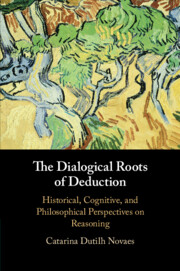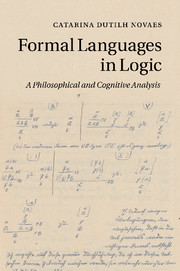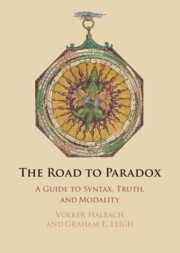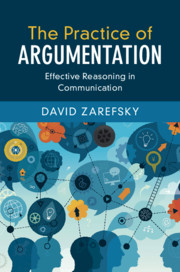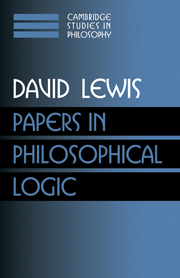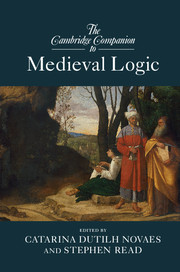The Dialogical Roots of Deduction
This comprehensive account of the concept and practices of deduction is the first to bring together perspectives from philosophy, history, psychology and cognitive science, and mathematical practice. Catarina Dutilh Novaes draws on all of these perspectives to argue for an overarching conceptualization of deduction as a dialogical practice: deduction has dialogical roots, and these dialogical roots are still largely present both in theories and in practices of deduction. Dutilh Novaes' account also highlights the deeply human and in fact social nature of deduction, as embedded in actual human practices; as such, it presents a highly innovative account of deduction. The book will be of interest to a wide range of readers, from advanced students to senior scholars, and from philosophers to mathematicians and cognitive scientists.
- Provides an account of deduction as deeply embedded in actual human practices
- Contains a detailed, up-to-date overview of relevant literature
- Includes interdisciplinary and multidisciplinary perspectives on the nature of deduction, showing how different disciplines can interact
Reviews & endorsements
‘The Dialogical Roots of Deduction displays a formidable command of an impressive range of sources from ancient and mediaeval logic to the latest work in cognitive science. The depth of Catarina Dutilh Novaes's scholarship is evident throughout as she defends a novel and provocative thesis: that deduction as dialogue is conceptually and historically prior to its conventional monologue presentation. I expect the book to be influential and widely discussed.' Andrew Aberdein, Florida Institute of Technology
'Reframing the philosophy of logic, this pathbreaking book develops a historically informed and philosophically powerful new conception of how the pragmatic foundations of logical deductive relations, and so the semantics of logical concepts, can be found in dialogic social practices that suitably balance cooperation and competition.' Bob Brandom, University of Pittsburgh
‘Philosophers and scientists working on human cognition have much to gain from assimilating the careful research put into this book.' Tricia Mae Barcelita, Metascience
‘Dutilh Novaes has already made a substantial contribution to this literature, and her new book develops this program in new and exciting directions by drawing on a tradition of deductive reasoning that descends from the public debates of the Athenian democracy, through a central strand in Western intellectual history, and into current scientific research into human cognition. Philosophers and scientists working on human cognition have much to gain from assimilating the careful research put into this book.' Preston Stovall, Metascience
‘This book is required reading not only for those interested in the history and philosophy of logic. It has something to teach any of us who are interested in what we are doing when we reason together. The lessons we learn will help us address some of our old questions from new perspectives, and will leave us asking fresh questions, too.’ Greg Restall, MIND
Product details
August 2022Paperback
9781108790925
285 pages
229 × 151 × 16 mm
0.43kg
Available
Table of Contents
- Preface
- Part I. The Philosophy of Deduction:
- 1. The trouble with deduction
- 2. Back to the roots of deduction
- 3. The Prover-Skeptic dialogues
- 4. Deduction as a dialogical notion
- Part II. The History of Deduction:
- 5. Deduction in mathematics and dialectic in Ancient Greece
- 6. Aristotle's syllogistic, and other ancient logical traditions
- 7. Logic and deduction in the Middle Ages and the modern period
- Part III. Deduction and Cognition:
- 8. How we reason, individually and in groups
- 9. The ontogeny of deductive reasoning
- 10. The phylogeny of deductive reasoning
- 11. A dialogical account of proofs in mathematical practice
- Conclusions.

